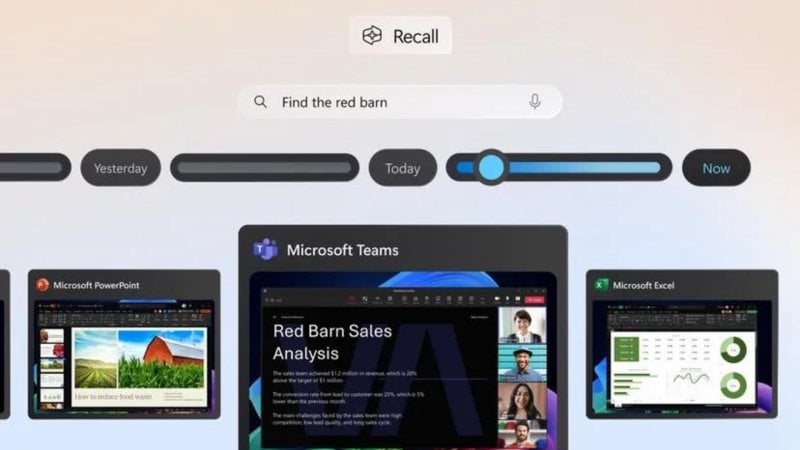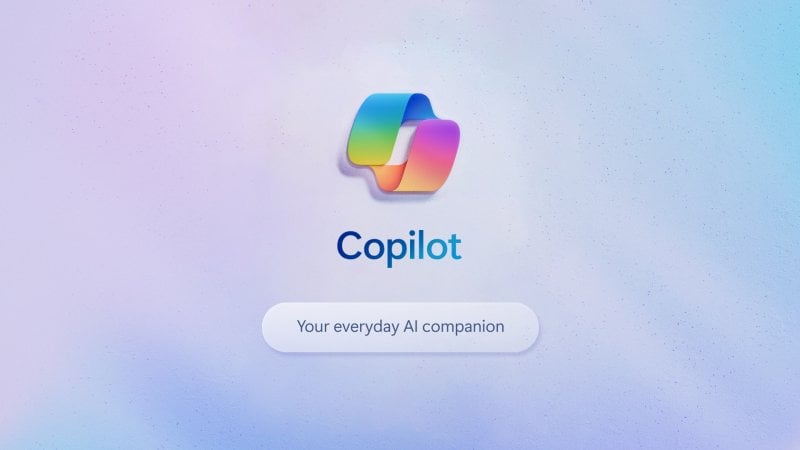Windows 11’s Recall, an advanced AI feature, has been unlocked to work on unsupported hardware thanks to a tool called Amperage.
Microsoft recently introduced Copilot Plus PCs, designed to make the most of Windows 11’s new AI features. However, tech enthusiasts they have already managed to unlock the main function, Recall, to make it work even on hardware that is not officially supported. This raises interesting questions about the future of AI capabilities in Microsoft devices.
What is the Recall function?
Recall is an advanced feature in Windows 11 that uses local AI models to take screenshots of everything you do or see on your PC. With this feature, users can access an interactive timeline for search for photos, documents, conversations and more. Microsoft designed Recall to run on the new Copilot Plus PCs, equipped with the latest neural processing units (NPUs).
Despite the recent announcement of Copilot Plus PCs, Windows enthusiasts have managed to unlock Recall on older, unofficial hardware. The developed tool would be called Amperage, and it would enable Recall on devices with Qualcomm Snapdragon chips, Microsoft’s SQ processors and Ampere chipsets. This obviously requires the latest Windows 11 24H2 update, but it shows that advanced AI features can work even on older hardware.
Will Recall also come to all other PCs?
Currently, the Amperage tool only works on Windows on ARM hardware. However, with the upcoming launch of Copilot Plus PCs by AMD and Intel, these features are likely to be extended to devices with x86 processors as well. While it’s technically possible to unlock Recall on x86 devices, the full functionality won’t be available until Microsoft releases the AI components needed for the x64 architecture.
Introducing Recall to older devices raises questions about why Microsoft limits these features to new hardware. The demand for NPUs with a capacity of more than 40 trillion operations per second (TOPS) might seem like a hindrance, but it ensures that AI features work without overloading the CPU and GPU, thus preserving battery life.
This strategy allows Microsoft and its OEM partners to promote and sell new hardware, taking advantage of the expected growth in AI-friendly PC sales. Nothing excludes that, in the future, Windows could find itself opening these functions on other PCs too, perhaps with a well-structured requirements analysis system.
#unlocked #Copilot #Recall #Windows #run #unsupported #hardware

